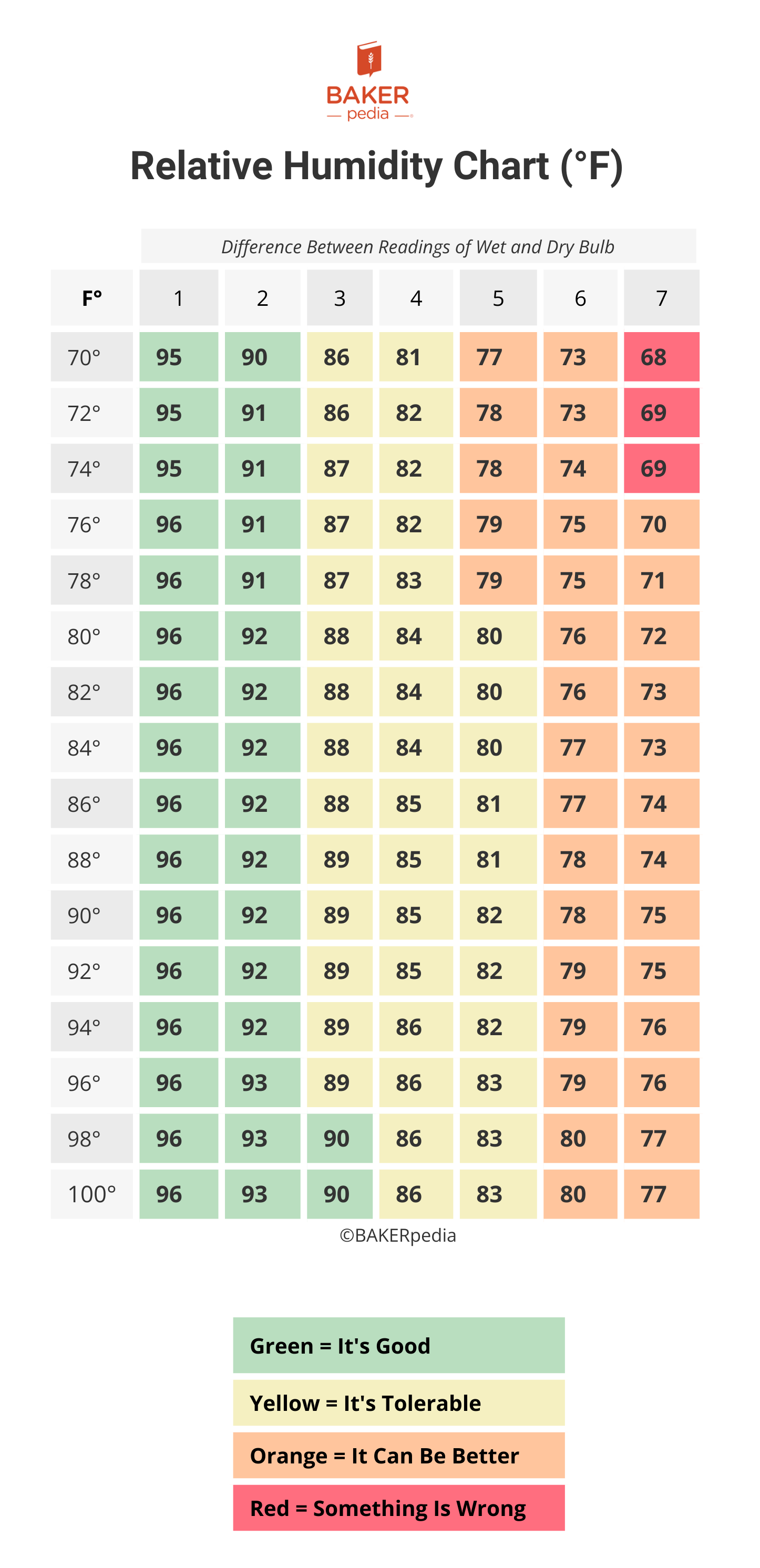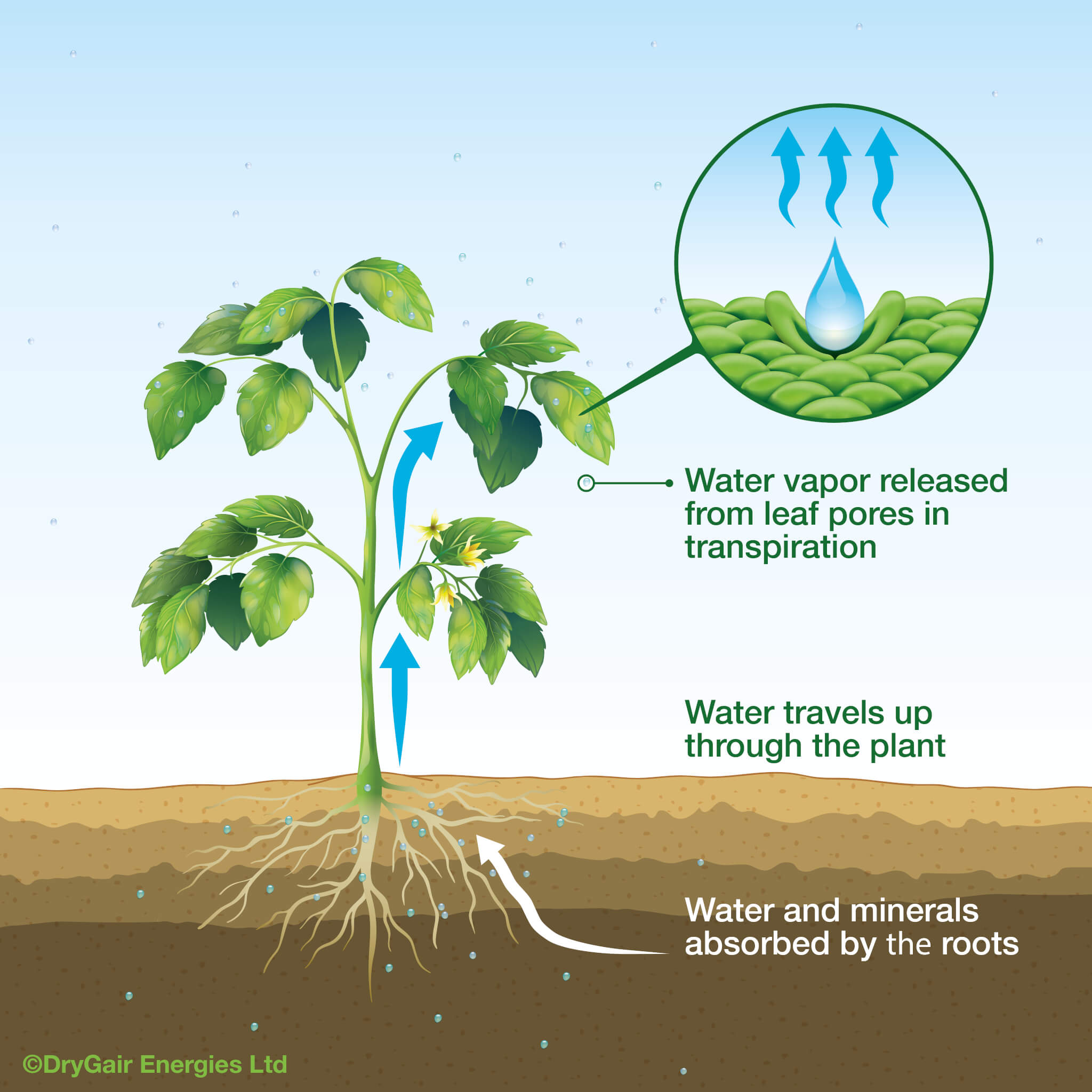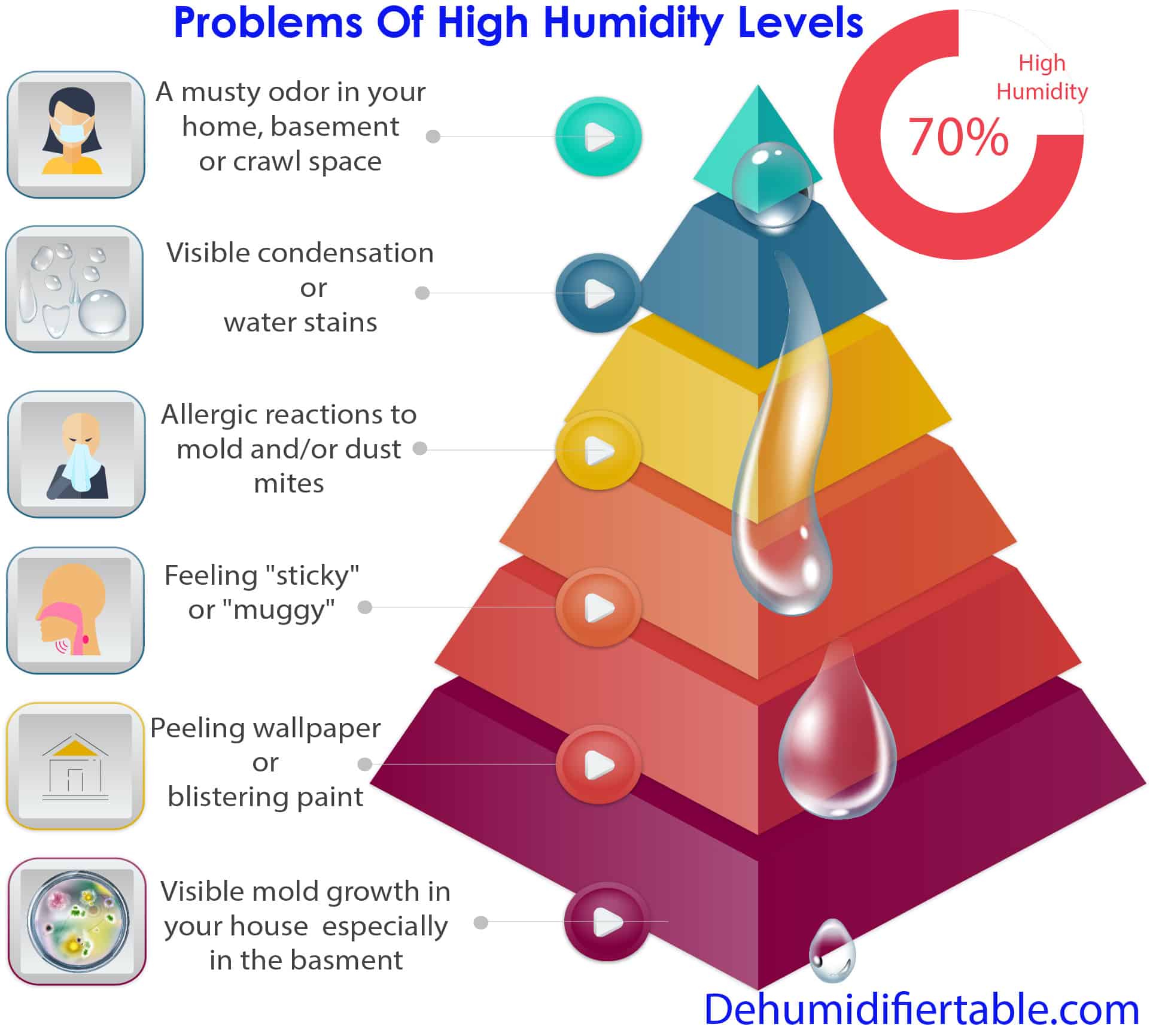Humidity In Refrigerators: Causes, Effects, And Optimal Control For Food Preservation
Maintaining optimal humidity levels in your refrigerator is crucial for preserving the freshness and quality of your food. However, understanding the causes, effects, and optimal control of humidity can be a daunting task. Read on to explore these aspects in detail.

Humidity issues in refrigerators can have several negative consequences. Excess humidity can lead to condensation, fostering mold growth and spoilage. Inadequate humidity, on the other hand, can cause food to dehydrate and become stale. Balancing humidity levels is essential to prevent these problems and ensure optimal food storage.

The ideal humidity level in a refrigerator varies depending on the type of food stored. For most perishable items, a relative humidity of around 50-60% is recommended. This range helps maintain food’s moisture content, preventing both dehydration and mold growth.

Personal Experience with Humidity in Refrigerators
My refrigerator adventures have often been filled with battles against condensation and wilting produce. Overcoming these hurdles required understanding humidity levels. I realized that adjusting the fridge temperature and using moisture-absorbing devices helped regulate humidity, preserving my food’s freshness and quality.

Understanding Humidity in Refrigerators
Humidity in refrigerators refers to the amount of water vapor present in the air. It affects food preservation by influencing moisture levels. High humidity can create condensation, promoting mold growth, while low humidity can dry out food. Maintaining optimal humidity levels is essential for food longevity.

History and Myth of Humidity in Refrigerators
Traditionally, low humidity was believed to be ideal for refrigeration. However, modern research has shown that moderate humidity better preserves food. The myth of low humidity stems from outdated practices and misconceptions about refrigeration technology.

Hidden Secrets of Humidity in Refrigerators
One hidden secret of humidity control is the use of ethylene absorbers. Certain fruits and vegetables produce ethylene gas, which accelerates ripening. Absorbing ethylene helps slow down ripening, extending the shelf life of produce.

Recommendations for Optimal Humidity Control
Humidity Sensors: A Game-Changer
Modern refrigerators may include humidity sensors that monitor and adjust humidity levels automatically. These sensors ensure optimal conditions for food preservation.
Tips for Managing Humidity in Refrigerators
Condensation Control: A Hidden Danger
Condensation is a major issue caused by high humidity in the refrigerator. It can lead to bacterial growth and spoilage. Controlling condensation requires addressing the root cause and using moisture-absorbing solutions.
Fun Facts about Humidity in Refrigerators
How to Fix Humidity Issues in Refrigerators
What If: Humidity Issues Persist
If humidity issues continue despite your efforts, there may be an underlying problem. Check for:
Listicle: Signs of Humidity Issues in Refrigerators
Question and Answer
Conclusion of Humidity In Refrigerators: Causes, Effects, And Optimal Control For Food Preservation
Humidity is a crucial factor in refrigerator food preservation, affecting food freshness and longevity. By understanding the causes and effects of humidity and implementing optimal control measures, you can effectively maintain a healthy and efficient refrigerator environment, ensuring the quality and safety of your food for optimal nutrition and enjoyment.